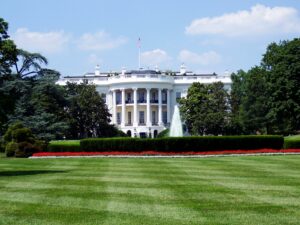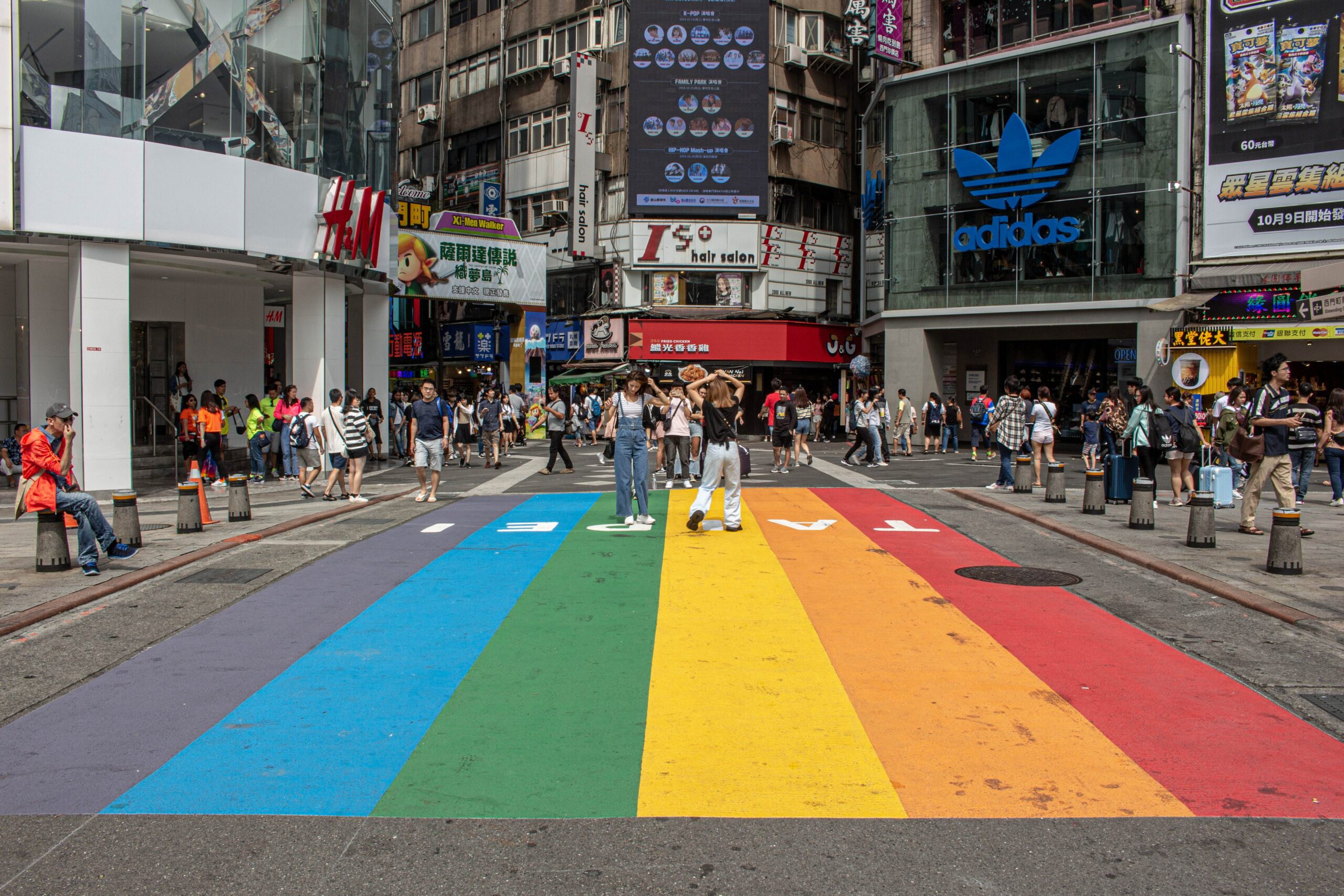Table ronde n°8 de l’Observatoire Chine, 27 janvier 2016, avec le Dr. Tung Chen-yuan (National Chengchi University (Taiwan)
In Taiwan’s 2016 general election, held on January 16th, the Democratic Progressive Party (Minjindang, DPP) won landslide victory. Its candidate Tsai Ing-wen was elected President of the Republic of China (ROC), Taiwan’s official name, with 56.1% of the votes, and the DPP won 68 seats out of 113 in the Legislative Yuan – which ensures it an absolute majority in the Parliament for the first time ever. For its part, the Chinese Nationalist Party (Kuomintang, KMT), the current ruling party, suffered a huge electoral defeat. Its presidential candidate Eric Chu Li-luan only got 31% of the vote, and its number of seats in the Parliament fell to 35, down from 64 in 2012. The great confidence placed in the DPP and the bitter disappointment expressed towards the KMT have reveal the Taiwanese people’s longing for political change, especially as far as cross-Strait relations are concerned. Dr. Tung Chen-yuan’s presentation therefore has revolved around the possible evolution of Taiwan-mainland China relations in the wake of Tsai’s election.
- The Legacy of President Ma’s Rapprochement Policy Towards China
- The Impact of Tsai’s Election on Cross-Strait Relations
- How Can Cross-Strait Relations Be Sustainable?
- Q&A




